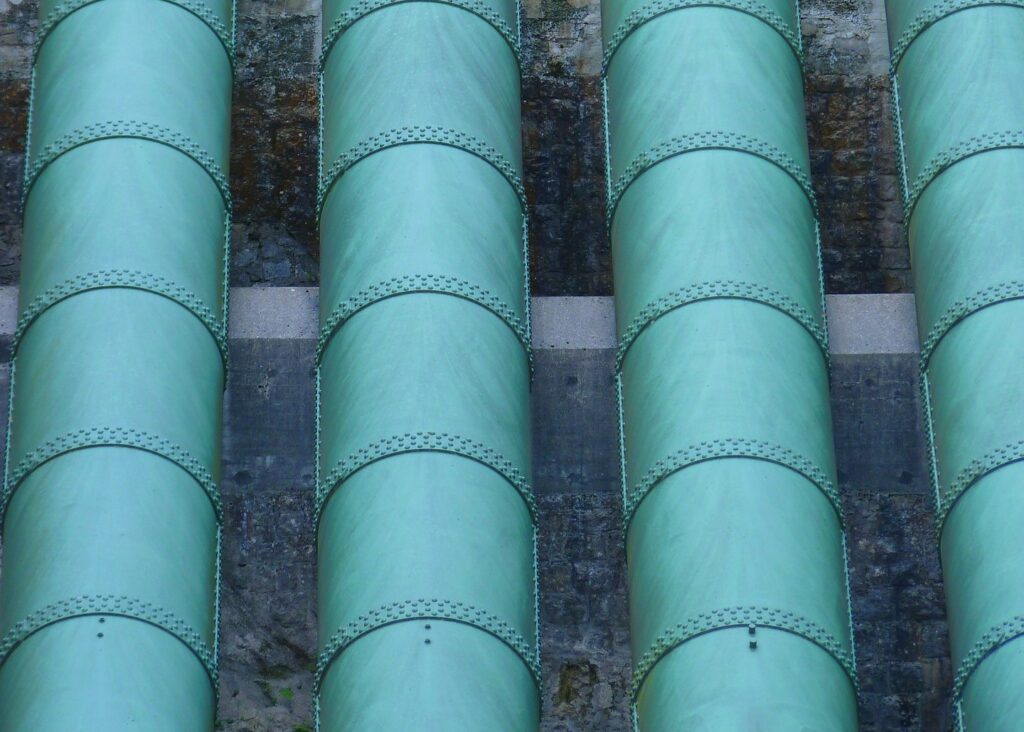Denmark’s decision not to support a new hydrogen pipeline to Germany without long-term commitments from buyers marks a significant development in the hydrogen energy sector.
The Danish energy and climate ministry’s requirement for market participants to commit to buying 1.4 GW of hydrogen annually through extended deals underscores the importance of stability and predictability in the hydrogen market. Such commitments, spanning 10-15 years, aim to ensure the viability of the proposed pipeline and foster long-term investment in renewable energy infrastructure.
A key condition set by Denmark is that the hydrogen transported through the pipeline must originate from renewable sources to be eligible for state aid. This stipulation aligns with the broader goal of decarbonization and emphasizes the role of green hydrogen in reducing emissions and promoting sustainability.
The agreement mandates collaboration between Danish TSO Energinet and its German counterpart Gasunie in building the hydrogen pipeline. This collaborative approach not only facilitates cross-border energy integration but also promotes synergy in infrastructure development, laying the groundwork for a more interconnected and resilient energy network.
The proposed hydrogen pipeline, spanning 550km and slated for completion in 2028, has the potential to significantly increase power demand from electrolysers in the next decade. This expansion could catalyze further investment in offshore wind farms in the North Sea, driving innovation and accelerating the transition towards renewable energy sources.
Denmark’s insistence on long-term commitments and renewable sourcing for hydrogen transport sets a precedent for future infrastructure projects in the hydrogen sector. As stakeholders navigate the complexities of energy transition, balancing economic considerations with environmental sustainability will be paramount in shaping the future of hydrogen infrastructure.
